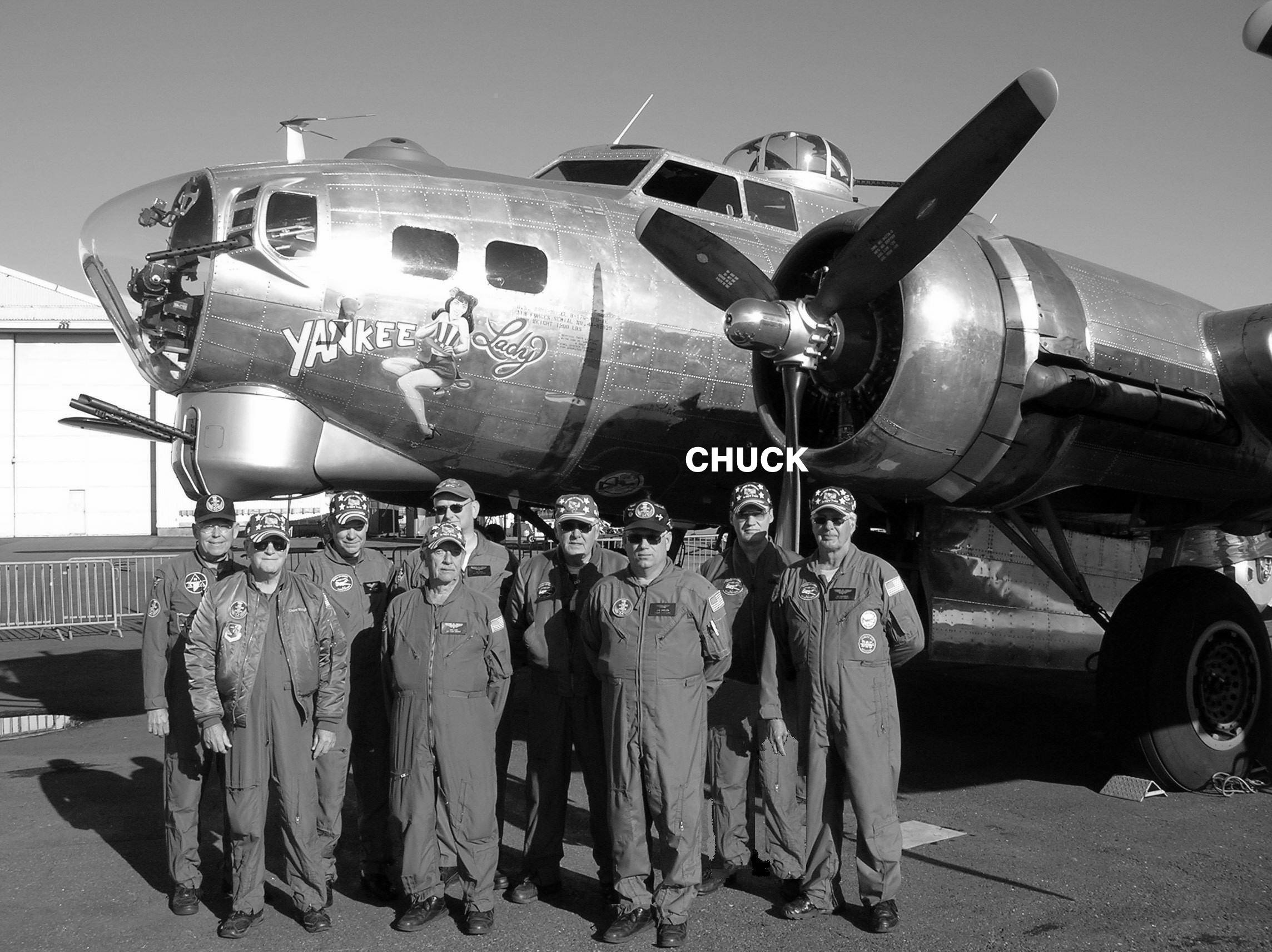The concept of service is central to both military and civil aviation. Service goes beyond the act of flying; it’s about dedication to a mission, commitment to a team, and the responsibility of ensuring safety and excellence in every aspect of operations. My experience, both in military combat as a helicopter pilot and later as a Chief Pilot in civil aviation, has taught me invaluable lessons about leadership, teamwork, discipline, and a deep sense of duty. These lessons are universally applicable, transcending aviation and providing insights into how to approach any professional field with a mindset centered around service.
1. Commitment to a Mission
In both military and civil aviation, the mission is at the core of operations. Whether it’s a combat assignment or a search-and-rescue mission, the focus remains on accomplishing the task at hand. In the military, this commitment is a matter of life and death. Each mission is rigorously planned, every scenario is accounted for, and every potential risk is evaluated. The same is true in civil aviation, where safety and reliability are paramount.
The dedication to a mission requires a willingness to go above and beyond, to endure challenges, and to find solutions to problems as they arise. In civil aviation, this may translate to flying in adverse weather to transport critically ill patients to a hospital or coordinating emergency response during a natural disaster. In both cases, the goal is to serve the greater good and to be reliable in moments that truly matter.
2. Embracing Discipline and Precision
Discipline is the bedrock of both military and civil aviation. In the military, discipline is not only a matter of following orders but a way of ensuring that every action, from maintenance checks to flight maneuvers, is performed with precision. This attention to detail minimizes risk and increases the likelihood of mission success. The same applies to civil aviation, where adherence to procedures and protocols ensures the safety of passengers and crew alike.
The aviation industry, regardless of the context, does not allow for shortcuts. A small mistake—whether it’s overlooking a checklist item or misjudging weather conditions—can have serious consequences. In both military and civilian roles, discipline ensures that tasks are executed with a high degree of accuracy. This approach instills a sense of responsibility that becomes second nature and underscores the value of accountability, where every action is performed with the understanding of its potential impact.
3. The Power of Teamwork and Trust
Aviation is rarely a solo endeavor. In the military, missions depend on a synchronized team effort, with each member—from the pilots to the ground crew—playing a critical role. Trust is forged through shared experiences and mutual reliance, often in high-pressure scenarios. This same sense of trust is present in civil aviation, where pilots, air traffic controllers, maintenance crews, and support staff must work together seamlessly to ensure safe operations.
The ability to rely on a team, knowing that each person is competent and dedicated, creates an environment where challenges can be tackled collectively. The trust developed in military service—often under duress—teaches you that you are only as strong as your team. This lesson carries over into civil aviation, where cooperation and effective communication are essential to managing complex operations safely and efficiently.
4. Adaptability and Quick Decision-Making
In the fast-paced environments of military and civil aviation, adaptability is a crucial skill. Conditions can change rapidly, and the ability to make quick, informed decisions can mean the difference between success and failure. In combat, you learn to remain calm under pressure, to assess situations as they unfold, and to act decisively even when faced with uncertainty.
These lessons are directly applicable to civil aviation, where pilots must be able to handle unexpected events such as sudden weather changes or mechanical issues. Adaptability is about having the presence of mind to assess risks, make adjustments, and continue the mission with safety as the priority. Training and experience are fundamental to developing this skill, and both military and civil aviation are structured to provide that foundation.
A Legacy of Service
The value of service is a lesson that transcends both military and civil aviation. It’s about dedication, discipline, teamwork, adaptability, leadership, and above all, a commitment to something greater than oneself. These lessons, learned in the skies over combat zones and during high-stakes civil operations, have shaped not only my career but also my understanding of what it means to serve. In aviation, whether you are flying a rescue mission or managing a complex operation, the mindset of service ensures that you approach every challenge with the seriousness, respect, and dedication it deserves. This legacy of service is not just a professional code; it’s a way of life that can guide any endeavor, both in and out of the cockpit.


